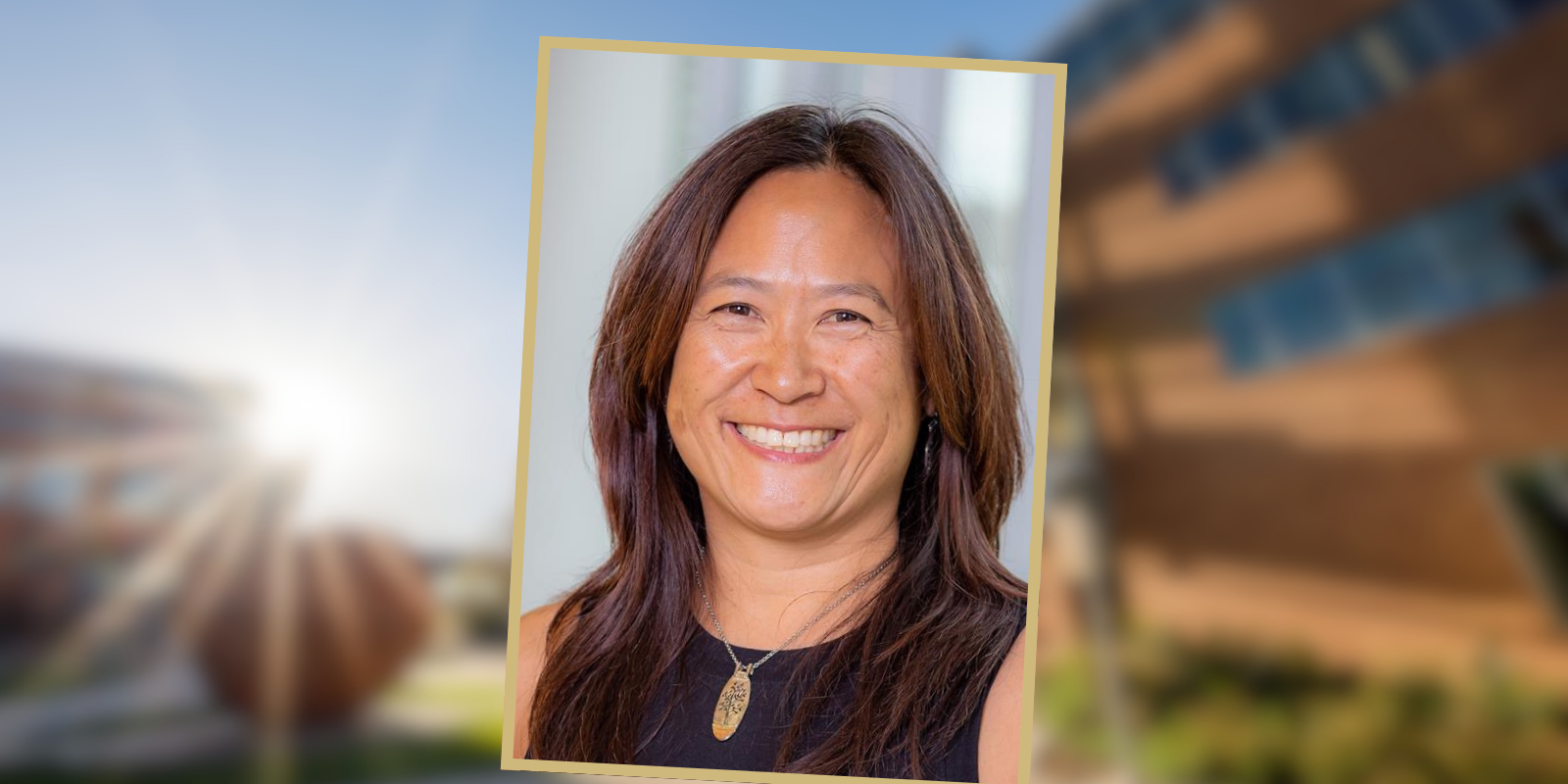You are co-director of the Hereditary Cancer Program at the CU Cancer Center — what does that program do?
The Hereditary Cancer Program is for individuals and family members who have a personal or family history of cancer. The typical visit is 60 minutes, either in person or via telehealth, and we talk about the chances of an individual having an inherited form of cancer in themselves or in their family members. We provide a risk assessment to determine what their chances are of developing cancer, and we also provide genetic testing, if appropriate.
If patients test positive for a genetic variant that increases their risk for hereditary cancer, then we talk through what that means and what changes they might need in terms of their medical management and screening, or, if they have already been diagnosed with cancer, potential additional surveillance and treatment options.
What's the typical path for a patient to come to the Hereditary Cancer Program?
Most of the time it's a referral from one of the patient’s providers. If they’ve had cancer, their oncologist might refer someone who's young or has a rare diagnosis. If they haven’t been diagnosed with cancer, the referral might come from their primary care provider or another provider who recognizes that the patient has a strong family history of cancer. Occasionally, we get people who hear about us, and they self-refer, because they're interested in finding out what their risk is.
How common are inherited cancers?
Less than 10% of cancer is inherited, so it's not something that everybody looks at all the time. For a long time, people were only getting referred to us if they had a strong family history of cancer. But what we've learned over the years is that less than 50% of families that have an inherited form of cancer meet the national criteria for consideration of genetic testing. So nowadays we often do genetic testing for individuals even if we think the likelihood of identifying a variant is low.
What's the advantage of getting genetic testing or knowing the cancer history in your family?
We can take proactive and preventative measures for many different cancer types if we know people have a genetic risk. A good example is colorectal cancer screening. Everybody in the general population is now supposed to get screened starting at age 45, but if there's a hereditary component, we might start that screening as early as age 20 to 25. We know their chances of developing colon cancer in that situation are much higher. We can also do intervention more frequently. Average-risk individuals get screened for colorectal cancer every 10 years, whereas somebody with a hereditary risk might need to get screened every one to two years. It can change a lot for people.
We can also discuss recommendations for screening based on family history alone. Using colorectal cancer as an example again, if an individual has a first degree relative (parent, sibling, child) with colorectal cancer, they might benefit from colonoscopy at age 40, or 10 years younger than the earliest age of diagnosis of colorectal cancer in the family. They should repeat this every five years rather than every 10 years.
How did you get involved in becoming a genetic counselor?
Most genetic counselors will tell you they were interested in science, but they were also interested in working with people. They didn't want to become a physician, and they also didn't want to work in a lab. That's my story, too. I stumbled across this field because I had a family friend with a rare genetic condition. Then I shadowed a genetic counselor, learned a little bit more about it, and decided it was the right fit.
What do you like most about your job?
I like working with individuals, and even if we don't find anything through genetic testing, coming up with a plan for how to decrease risk for cancer. That has been very fulfilling. From a public health standpoint, I like educating people so they know genetic counseling exists.
I assume you've had people come through who you've referred for screening, then they found out that they have a cancer. How does that feel, to know that you're literally saving lives?
It's all about timing. The person came in at a time when they didn't know they had cancer, or they didn't know that they were at increased risk. It’s happened quite a few times with breast cancer — somebody might be getting their regular mammograms, then they find out there is increased risk, and we increase their screening by adding in a breast MRI. So now they're getting screened every six months, and then something is found that they wouldn't have found otherwise, or they found it earlier than they would have otherwise. It's very rewarding, and I'm very glad to have been part of that.
If someone is reading this article and wondering, “Should I see a genetic counselor?,” what’s the situation where someone would benefit most?
There is national criteria that is used to help identify people who are more likely to have a hereditary cancer. Those include having anybody in the family under the age of 50 being diagnosed with some kind of cancer, having three or more family members on the same side of the family who have had cancer that are either the same type or are known to be associated with each other, or more rare types of cancer, like ovarian and pancreatic cancer. Those factors are enough for us to say it's worth having us take a closer look at that individual or their family to see if there's a hereditary reason for that. But as I said earlier, less than 50% of people who have a hereditary cancer meet these national criteria, so if someone is concerned or just wants to talk about their risk, we are always happy to see them.
I would also like to emphasize that meeting with a genetic counselor does not equal getting genetic testing. The reason we spend so much time with our patients is because there are a lot of factors to consider, from psychological and emotional concerns for themselves or their family members to practical things like financial and insurance risks. We want people to consider us a resource to help them along their decision-making journey.



.png)
